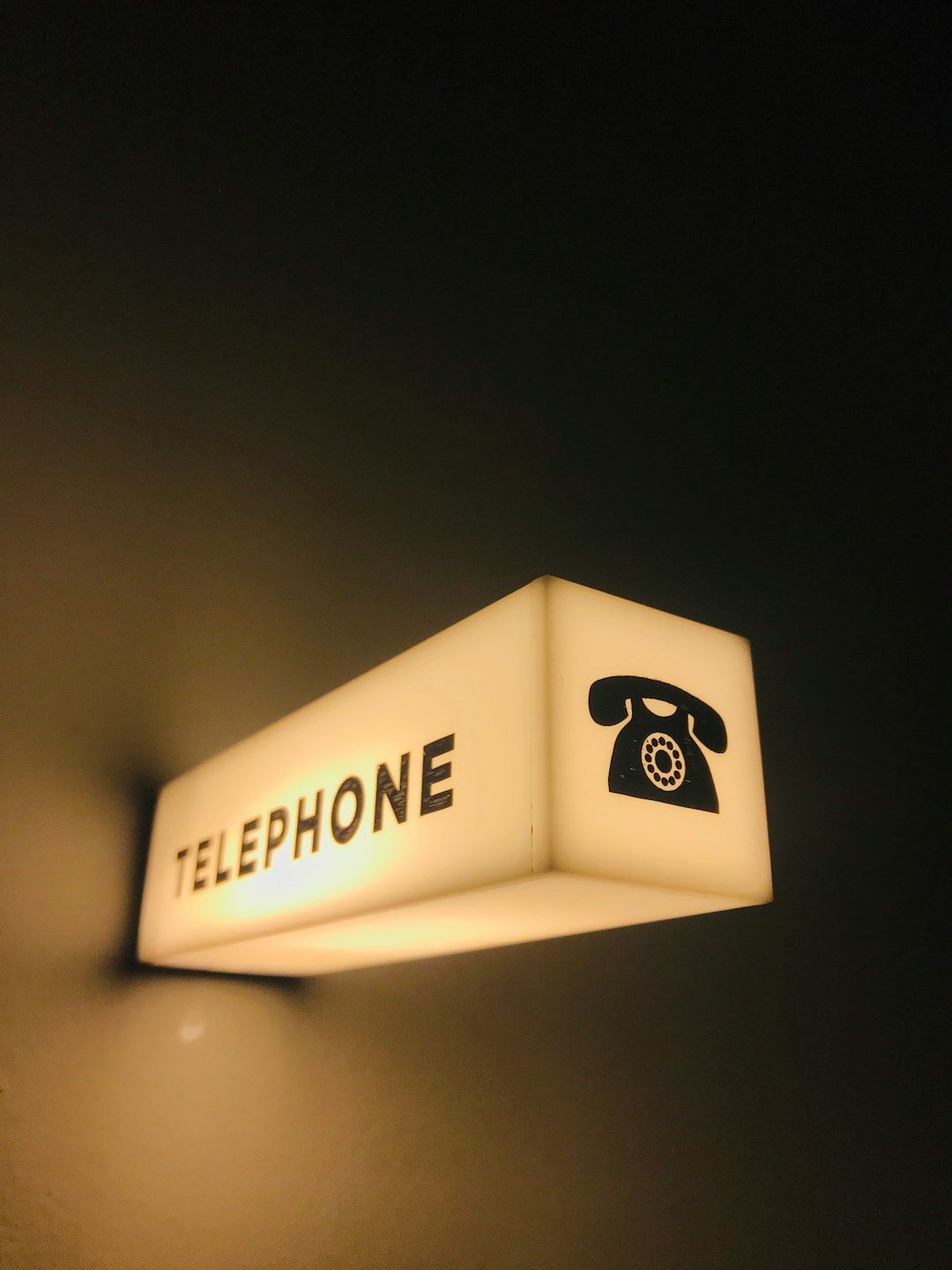Nebraska's strict "No Call" regulations protect residents from spam calls by restricting telemarketers targeting registered numbers. Violations can lead to complaints with the Nebraska Public Service Commission and legal action against offending companies, including law firms. Navigating these rules is crucial for maintaining consumer trust in a privacy-conscious market. If experiencing persistent spam calls, registering on the Do Not Call list and consulting a Spam Call law firm Nebraska can offer legal protection and guidance.
In Nebraska, “no call” regulations aim to protect residents from unwanted telemarketing calls, especially those from law firms. This article breaks down these rules and how spam calls from law firms not only violate them but also burden businesses. We explore the rights of Nebraskans under these regulations and provide a comprehensive guide for navigating this breakdown, with a focus on understanding when and how to take action against abusive spam call practices by law firms.
Understanding No Call Regulations: A Overview for Nebraska Residents

In Nebraska, like many states, there are strict regulations in place to combat unwanted and disruptive spam calls. These “No Call” regulations are designed to protect residents from unsolicited phone marketing, ensuring a more peaceful and less intrusive environment. The laws prohibit telemarketers from making calls to individuals who have registered on the Do Not Call list, a comprehensive database maintained by the Nebraska Public Service Commission. This list is your right as a consumer; you can register by contacting your local commission office or through their official website.
For Nebraska residents facing persistent spam calls, understanding these regulations is a crucial first step. If you’ve registered and still receive unwanted calls, it may indicate a violation of the state’s Spam Call law firm Nebraska. In such cases, residents have options, including registering complaints with the commission and potentially taking legal action against the offending companies. Awareness and enforcement are key to maintaining a calm and orderly communication landscape in our homes.
How Spam Calls Violate These Rules and Impact Law Firms

Spam calls, or unsolicited phone marketing, directly violate no-call regulations, particularly for law firms in Nebraska. These rules are designed to protect consumers from intrusive and often deceptive marketing practices. When a law firm engages in spam calling, it not only disregards these regulations but also faces significant consequences. Law firms found guilty of spam calls can be subjected to fines and legal actions, damaging their reputation and financial stability.
Moreover, such activities negatively impact the overall trust between law firms and their potential clients. Consumers are increasingly protective of their privacy, and unsolicited phone marketing is seen as a violation of that trust. For Nebraska-based law firms, adhering to no-call regulations is not just a legal requirement but also a strategic decision to maintain a positive image and foster lasting client relationships.
Navigating the Breakdown: What Every Nebraskan Should Know About Their Rights

Navigating the breakdown of no-call regulations can be a complex and confusing process for many Nebraskans. With an increasing number of spam calls, understanding your rights under the state’s Spam Call law firm Nebraska is more important than ever. According to Nebraska’s laws, businesses are prohibited from making automated or prerecorded telephone calls to consumers without their prior express consent. This includes sales, marketing, or informational calls.
If you’ve received unsolicited calls, it’s crucial to know that you have options. You can register your number on the state’s Do Not Call list, which can help reduce the volume of unwanted calls. Additionally, if a company continues to harass you despite being on the list, you may seek legal action through a Spam Call law firm Nebraska. These firms specialize in protecting consumers’ rights and can provide guidance on how to stop these nuisance calls effectively.






